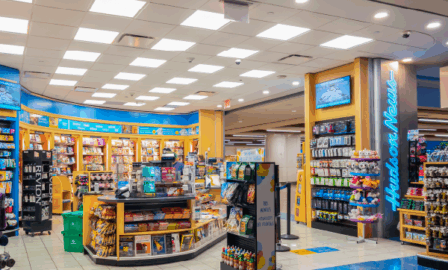The Tax Man Cometh: Beverage Manufacturers Beware
As tax revenues continue to be constrained, a handful of municipalities have set their sights on imposing additional taxes on sugary drinks – especially energy drinks – as a new source of revenue. The taxation model would be similar to excise taxes enacted on tobacco companies decades ago under the premise of curbing consumption while generating incremental revenue.
If these new taxes on sugary drinks demonstrate a degree of success in generating revenue and in the court of public opinion, a number of other cities, counties, and potentially states will likely join the tax party.
The question for beverage manufacturers is, how might the passage of additional taxation ultimately affect shelf price and how might that alter consumption trends?
Using tobacco as an analog, increases in excise taxes are passed on to consumers through higher manufacturer prices which are then marked-up by both the distributor and the retailer. The net effect of a $1.00 excise tax increase is ~ $1.25 retail selling price increase after factoring in mark-ups down the value chain. The overall decline in volume is fairly predictable based on known elasticities and the historical cause and effect analysis.
It becomes even more interesting in major metro markets like Chicago where smaller cities virtually adjoin one another but are separate municipalities. These local municipalities often vie for an ever increasing slice of the tax revenue pie and unwittingly create ‘tax disadvantage’ zones where retail prices may vary substantially city to city due to different excise rates. In that case, the shopper migrates their purchases to ‘tax-advantaged’ stores in an adjoining municipality, subsequently pinching merchants whose prices are overly inflated with taxes and creating high volume accounts where taxes/prices are lower.
As a beverage manufacturer, how ready are you for this coming change as the stage is set for this phenomena to play out for Energy Drinks?
To learn more about what beverage manufacturers and energy drink companies can learn from a look to the past, watch Clarkston Consulting’s latest video.


